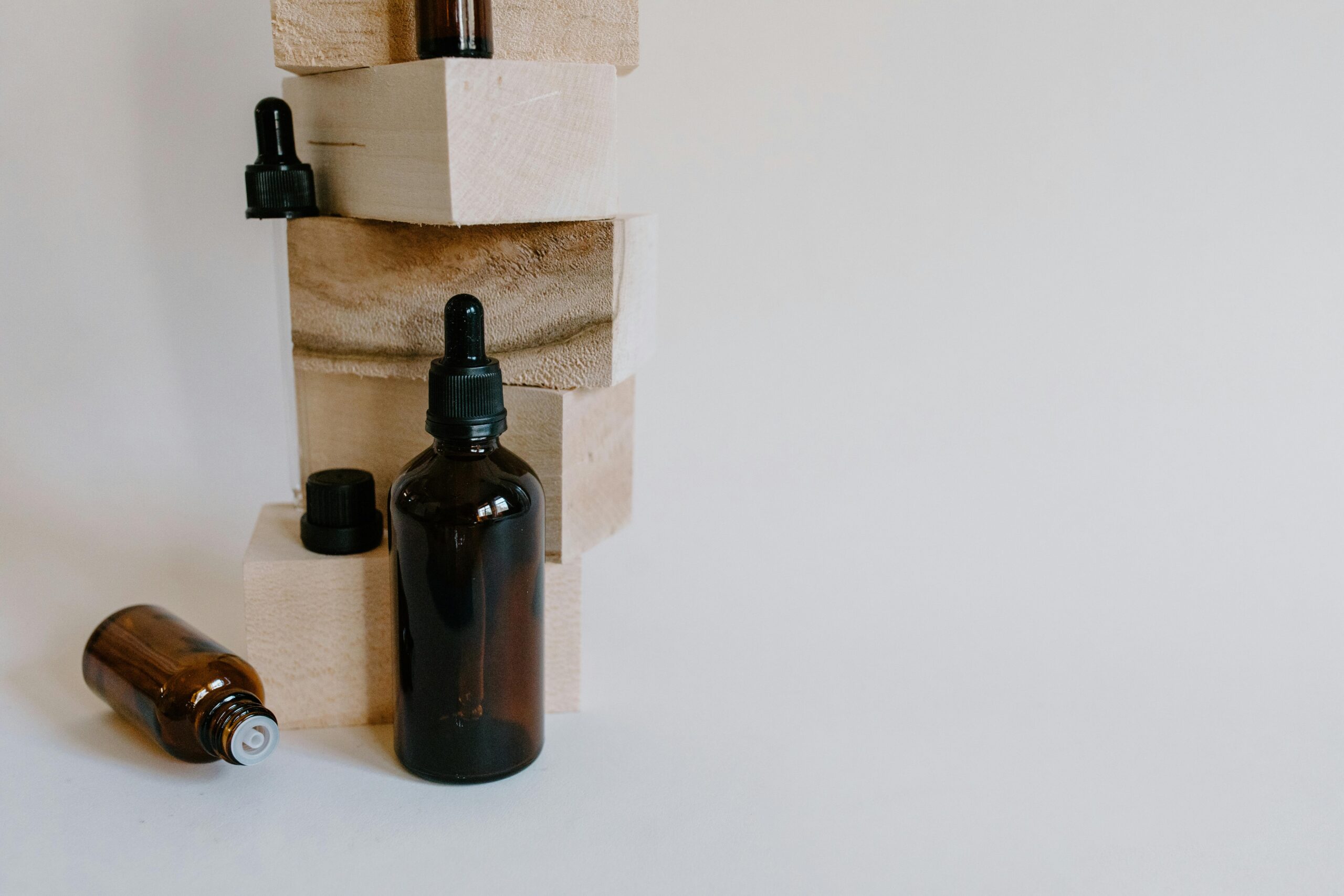
If you suffer from allergies, you are not alone. Roughly 40 million Americans suffer from seasonal or year-round allergies that make it difficult to sleep.
Luckily, there are many ways to overcome allergies and get a good night’s sleep. Keep reading for some helpful tips that can help improve your quality of sleep!
Consider Getting a Humidifier
One of the most common causes of allergies is dry air. Humidifiers are an easy way to increase moisture levels in your room, which can help decrease itching and inflammation. You’ll want a humidifier that has a high output—the higher it outputs, the larger area you will be able to cover with humidity.
A humidifier is a great investment, but you may not always have easy access to one. In that case, it’s best to start with the smaller things and work your way up to use steam or cool mist instead of dry heat when drying clothes; turn on ceiling fans while sleeping; drink more water throughout the day, so you’re less dehydrated and get a cool air humidifier if you have access to one, and wash your sheets often.
Switch to an Allergen-Free Mattress and Pillow
It’s important to eliminate the allergens in your sleep environment, which can help you avoid waking up with itchy and scratchy eyes. Many mattresses’ covers these days are made of vinyl or other allergen-free materials. You may also want to consider upgrading to a latex mattress for there allergen-resistant properties. Additionally, there are options to find the best sheets that are allergen-free. Some people swear by using only cotton sheets, while others use a wool cover that is washed on cold and dried delicately in low heat.
If you’re using a pillow, it’s important to make sure that you change them every six months to reduce the number of allergens. You can also try changing your position while sleeping and avoid lying on one side for too long—try switching sides at least two times per night. You can find great options for a mattress that suit your needs from City Mattress.
It is also important to have other bedroom essentials for a better night’s sleep. It may be helpful to take a shower before bed to reduce the risk of oils and other allergens on your skin irritating you while sleeping.
If You’re Allergic to Dust Mites, Consider Changing your Sheets Every Day
If you’re allergic to dust mites, it’s best to change your sheets every day. Dust mites are microscopic creatures that live in the air and can be found on most surfaces, including mattress covers, pillows, carpeting, furniture cushions, and even clothes.
Dust mite droppings (known as “spores”) contribute to allergic reactions and cause asthma. Dust mites are generally harmless, but they are an even greater problem for people with underlying allergies or sensitivities such as eczema.
Dust mites like warm, humid environments—so it’s best not to set your thermostat at more than 20 degrees Celsius in the summer and turn your humidifier off when you’re sleeping.
Dust mites can also be found in bedding, clothes, carpets, or furniture cushions—so it’s important to wash these items often too. If the allergy symptoms are severe, speak to a doctor about getting prescribed medication that will allow you to sleep better at night.
Use a Fan or Air Purifier in the Bedroom if Needed
Some people find that using a fan or air purifier in the bedroom allows them to sleep better at night. This is especially true for allergies, asthma, sinus problems, and chronic fatigue syndrome.
An air purifier can also be helpful if you are allergic to dust mites—whenever possible, use a HEPA filter machine designed to reduce the presence of allergens in the air.
If you don’t have a fan or air purifier, one option is to sleep with your head slightly elevated and use an extra pillow as needed—this should help keep allergens out of your nose while sleeping!
Take Allergy Medicine Before Bedtime for Some Relief
While many allergy medicines can make you drowsy and affect your sleep quality, taking them before bedtime may provide some relief. A few types of over-the-counter antihistamines are designed to help with allergies; these include Claritin, Allegra, Zyrtec (cetirizine), Benadryl (diphenhydramine), and Xyzal. These work by reducing the body’s response to an allergen, preventing allergy symptoms from worsening while you sleep.
There are also prescription medications that you can use for allergies; these include Allegra-D 12 Hour and Zyrtec D 24 hour—these provide relief for allergies that last more than 24 hours. If you’re taking an antihistamine medication, it’s important to make sure that you don’t fall asleep with the TV or computer on—this can disrupt your sleep quality and leave you feeling fatigued during the day.
Keep Your Windows Closed During the Peak Pollen Season
Many people with allergies experience allergy symptoms due to exposure to pollen in the air that gets inside their homes. Peak pollen season is typical during May and June, but it can also be a problem during October or November, depending on where you live. If your windows are open, this could allow allergens like pollen into your bedroom—so try keeping your windows closed during the peak pollen season.
Another option is to invest in a HEPA filter for your home, which will help reduce allergens in your bedroom (including those from dust mites). This will allow you to keep your windows open while still feeling comfortable and rested at night.
Keep the curtains or blinds closed if there are windows nearby that can allow allergens into your bedroom. If you have an empathetic reaction to pollen in the air (for example, asthma), speak with a doctor about getting prescribed medication for relief during high-risk allergy season.
Keep Pets Out of Your Bedroom
If you have pets in your home, it’s best to keep them out of the bedroom since this will reduce allergens like pet dander and hair that can trigger allergic reactions while you sleep. This is especially important for those sensitive to animal fur or feathers; these individuals may find relief from purchasing a HEPA air filter machine designed specifically to reduce the presence of allergens in the air.
Some people may have a more severe reaction to allergens from pets, so speak with your doctor if you experience chronic fatigue syndrome or allergy symptoms that don’t seem to improve after trying these tips.
Allergies can be difficult to live with, especially when it comes to sleep. Whether you’re allergic to dust mites or pollen, there are some simple steps you can take in your bedroom that will help you get better rest at night. For example, a humidifier might make it easier for your nose and sinuses to breathe during the night. You may also want to switch out of an allergen-free mattress and pillow if they’re too expensive. If you keep pets in the house, then consider keeping them out of your bedroom while sleeping.
It’s not always comfortable living with allergies, but these tips should have given you some relief tonight.

















